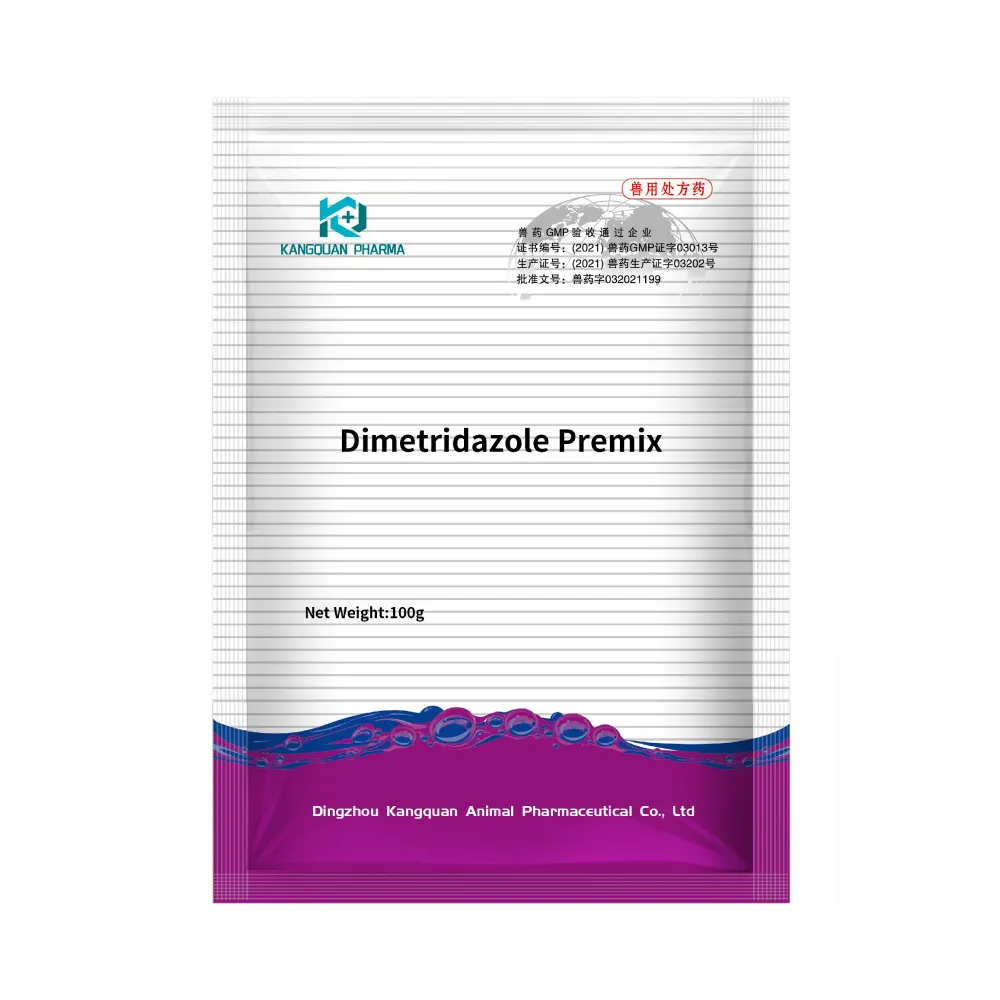- Afrikaans
- Albanian
- Amharic
- Arabic
- Armenian
- Azerbaijani
- Basque
- Belarusian
- Bengali
- Bosnian
- Bulgarian
- Catalan
- Cebuano
- Corsican
- Croatian
- Czech
- Danish
- Dutch
- English
- Esperanto
- Estonian
- Finnish
- French
- Frisian
- Galician
- Georgian
- German
- Greek
- Gujarati
- Haitian Creole
- hausa
- hawaiian
- Hebrew
- Hindi
- Miao
- Hungarian
- Icelandic
- igbo
- Indonesian
- irish
- Italian
- Japanese
- Javanese
- Kannada
- kazakh
- Khmer
- Rwandese
- Korean
- Kurdish
- Kyrgyz
- Lao
- Latin
- Latvian
- Lithuanian
- Luxembourgish
- Macedonian
- Malgashi
- Malay
- Malayalam
- Maltese
- Maori
- Marathi
- Mongolian
- Myanmar
- Nepali
- Norwegian
- Norwegian
- Occitan
- Pashto
- Persian
- Polish
- Portuguese
- Punjabi
- Romanian
- Russian
- Samoan
- Scottish Gaelic
- Serbian
- Sesotho
- Shona
- Sindhi
- Sinhala
- Slovak
- Slovenian
- Somali
- Spanish
- Sundanese
- Swahili
- Swedish
- Tagalog
- Tajik
- Tamil
- Tatar
- Telugu
- Thai
- Turkish
- Turkmen
- Ukrainian
- Urdu
- Uighur
- Uzbek
- Vietnamese
- Welsh
- Bantu
- Yiddish
- Yoruba
- Zulu
Pro . 24, 2024 16:19 Back to list
marbofloxacin injection
An Overview of Marbofloxacin Injection Mechanism, Usage, and Safety
Marbofloxacin is a synthetic antibiotic belonging to the fluoroquinolone class, commonly used in veterinary medicine. Characterized by its broad-spectrum antibacterial properties, marbofloxacin is effective against a variety of gram-positive and gram-negative bacteria. Its injectable form allows for rapid absorption and distribution within the body, making it a preferred choice for treating infections in animals, particularly in veterinary practices focused on pet care, livestock, and equine health.
Mechanism of Action
Marbofloxacin works by inhibiting bacterial DNA synthesis. It achieves this by targeting the bacterial enzyme DNA gyrase and topoisomerase IV, both essential for DNA replication and repair. By interfering with these enzymes, marbofloxacin prevents bacteria from replicating and leads to cell death. This mechanism of action makes marbofloxacin highly effective against various infectious agents, including strains of Escherichia coli, Staphylococcus aureus, and Salmonella.
Indications for Use
In veterinary practices, marbofloxacin is primarily indicated for the treatment of a range of bacterial infections in dogs, cats, and food-producing animals. Common conditions treated with marbofloxacin include
- Infectious Diseases Marbofloxacin is commonly used to treat respiratory infections, urinary tract infections, and skin infections in animals. - Post-Surgical Infections It is often prescribed to prevent or treat infections following surgical procedures, especially in high-risk animals. - Sepsis In severe cases of systemic infection, marbofloxacin can play a critical role in managing sepsis, providing essential support in complex cases.
The flexibility of marbofloxacin in treating both chronic and acute bacterial infections makes it a valuable medication in the veterinary field.
Administration and Dosage
marbofloxacin injection

Marbofloxacin is typically administered via subcutaneous or intramuscular injection, providing an easy route of administration for veterinarians. The dosage and duration of treatment depend on factors such as the type of infection, the severity of the disease, and the specific animal species involved. As with any antibiotic, it is crucial to adhere to the veterinarian's guidance to avoid underdosing or overdosing, which can lead to treatment failure or adverse reactions.
Safety and Side Effects
Although marbofloxacin is generally well-tolerated, it is essential to monitor animals for potential side effects. Common side effects may include
- Gastrointestinal Disturbances Some animals might experience vomiting or diarrhea following administration. - Neurological Effects Rarely, marbofloxacin can lead to neurological symptoms such as seizures or dizziness, particularly in sensitive populations. - Allergic Reactions In particular cases, hypersensitivity reactions may occur, necessitating immediate veterinary attention.
Precautions should be taken when using marbofloxacin in animals with known hypersensitivity to fluoroquinolones or those with pre-existing kidney issues, as the drug is primarily eliminated through the kidneys.
Resistance Concerns
As with other antibiotics, the emergence of resistant bacterial strains is a significant concern with marbofloxacin. Overuse or improper use can promote the development of resistance, rendering treatments ineffective. Therefore, it is essential for veterinarians and pet owners to follow proper dosing guidelines and to consider culturing and sensitivity testing when appropriate. Implementing best practices in antibiotic stewardship can help mitigate the risk of resistance.
Conclusion
Marbofloxacin injection is an invaluable tool in veterinary medicine, facilitating the treatment of various bacterial infections. By understanding its mechanism of action, appropriate uses, safety considerations, and the importance of responsible usage, veterinarians and pet owners can maximize its therapeutic benefits while minimizing potential risks. As we face ongoing challenges with antibiotic resistance, the thoughtful application of marbofloxacin, along with continued education on its role in animal health, is crucial for ensuring effective infection management in veterinary practices.
-
Guide to Oxytetracycline Injection
NewsMar.27,2025
-
Guide to Colistin Sulphate
NewsMar.27,2025
-
Gentamicin Sulfate: Uses, Price, And Key Information
NewsMar.27,2025
-
Enrofloxacin Injection: Uses, Price, And Supplier Information
NewsMar.27,2025
-
Dexamethasone Sodium Phosphate Injection: Uses, Price, And Key Information
NewsMar.27,2025
-
Albendazole Tablet: Uses, Dosage, Cost, And Key Information
NewsMar.27,2025













